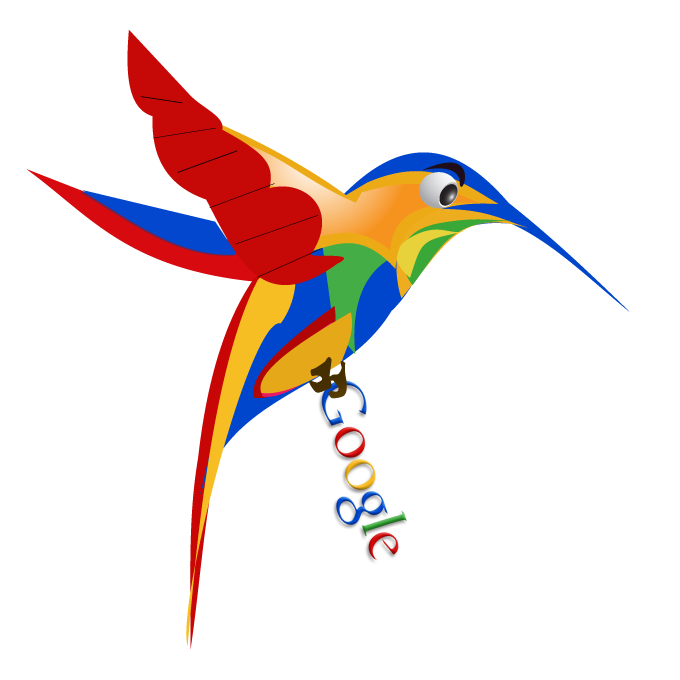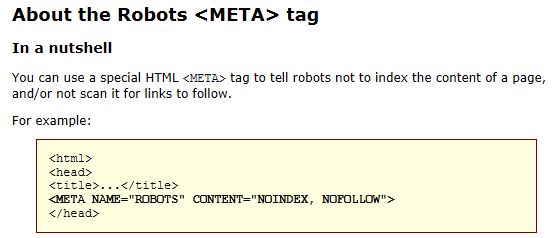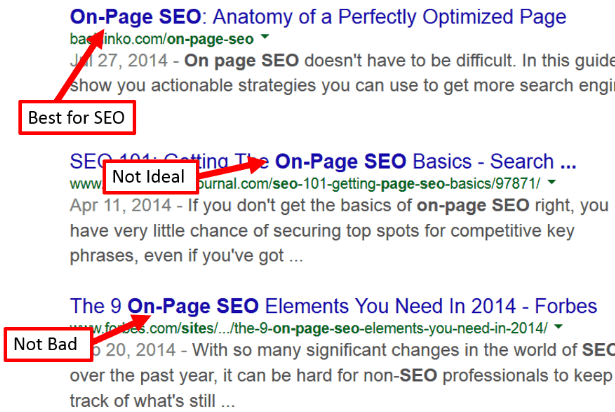GOOGLE HAMMING BIRD
Google has a new search algorithm, the system it uses to sort through all the information it has when you search and come back with answers. It’s called “Hummingbird” and below, what we know about it so far.
What’s a “search algorithm?”
That’s a technical term for what you can think of as a recipe that Google uses to sort through the billions of web pages and other information it has, in order to return what it believes are the best answers.
What’s “Hummingbird?”
It’s the name of the new search algorithm that Google is using, one that Google says should return better results.
So that “PageRank” algorithm is dead?
No. PageRank is one of over 200 major “ingredients” that go into the Hummingbird recipe. Hummingbird looks at PageRank — how important links to a page are deemed to be — along with other factors like whether Google believes a page is of good quality, the words used on it and many other things (see our Periodic Table Of SEO Success Factors for a better sense of some of these).
Why is it called Hummingbird?
Google told us the name come from being “precise and fast.”
When did Hummingbird start? Today?
Google started using Hummingbird about a month ago, it said. Google only announced the change today.
What does it mean that Hummingbird is now being used?
Think of a car built in the 1950s. It might have a great engine, but it might also be an engine that lacks things like fuel injection or be unable to use unleaded fuel. When Google switched to Hummingbird, it’s as if it dropped the old engine out of a car and put in a new one. It also did this so quickly that no one really noticed the switch.
When’s the last time Google replaced its algorithm this way?
Google struggled to recall when any type of major change like this last happened. In 2010, the “Caffeine Update” was a huge change. But that was also a change mostly meant to help Google better gather information (indexing) rather than sorting through the information. Google search chief Amit Singhal told me that perhaps 2001, when he first joined the company, was the last time the algorithm was so dramatically rewritten.
What about all these Penguin, Panda and other “updates” — haven’t those been changes to the algorithm?
Panda, Penguin and other updates were changes to parts of the old algorithm, but not an entire replacement of the whole. Think of it again like an engine. Those things were as if the engine received a new oil filter or had an improved pump put in. Hummingbird is a brand new engine, though it continues to use some of the same parts of the old, like Penguin and Panda
The new engine is using old parts?
Yes. And no. Some of the parts are perfectly good, so there was no reason to toss them out. Other parts are constantly being replaced. In general, Hummingbird — Google says — is a new engine built on both existing and new parts, organized in a way to especially serve the search demands of today, rather than one created for the needs of ten years ago, with the technologies back then.
What type of “new” search activity does Hummingbird help?
“Conversational search” is one of the biggest examples Google gave. People, when speaking searches, may find it more useful to have a conversation.
“What’s the closest place to buy the iPhone 5s to my home?” A traditional search engine might focus on finding matches for words — finding a page that says “buy” and “iPhone 5s,” for example.
Hummingbird should better focus on the meaning behind the words. It may better understand the actual location of your home, if you’ve shared that with Google. It might understand that “place” means you want a brick-and-mortar store. It might get that “iPhone 5s” is a particular type of electronic device carried by certain stores. Knowing all these meanings may help Google go beyond just finding pages with matching words.
In particular, Google said that Hummingbird is paying more attention to each word in a query, ensuring that the whole query — the whole sentence or conversation or meaning — is taken into account, rather than particular words. The goal is that pages matching the meaning do better, rather than pages matching just a few words.







